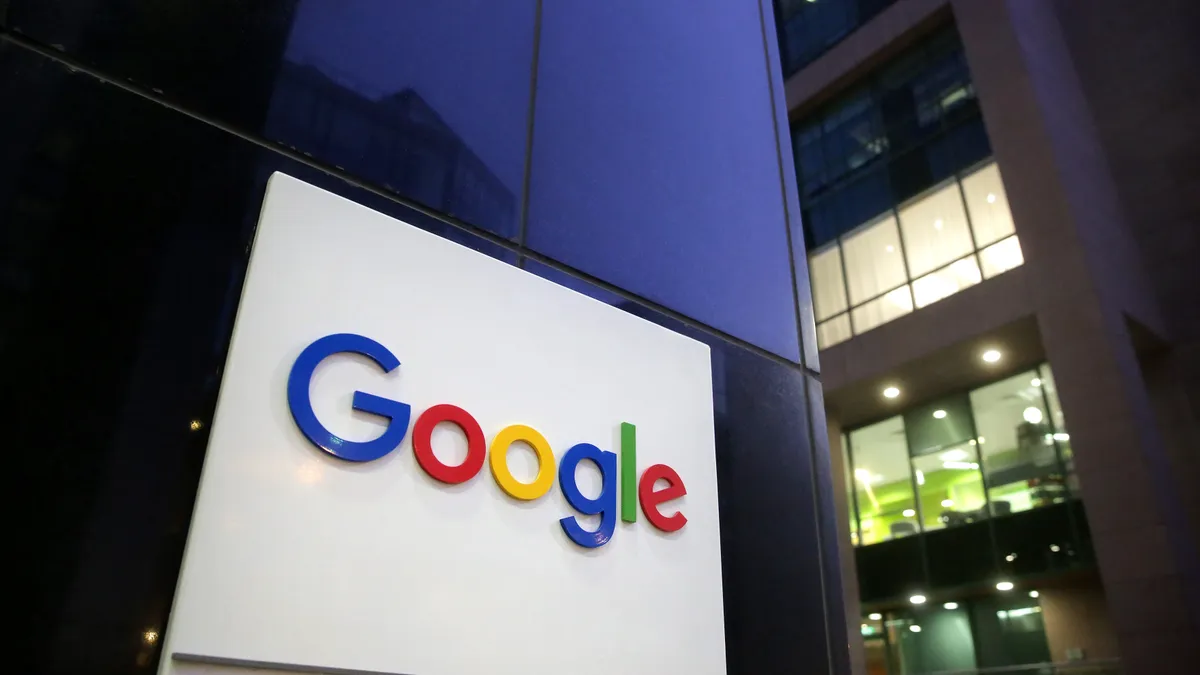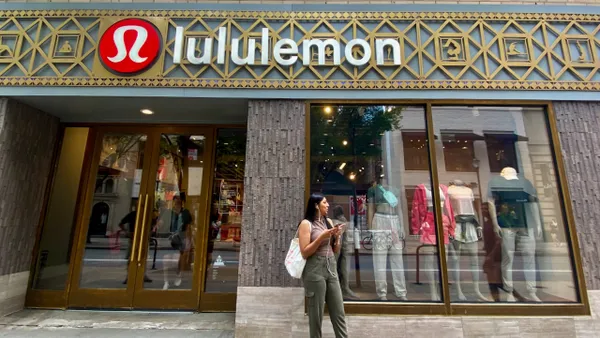Dive Brief:
- At an event in New York City Tuesday, Kantar Millward Brown and its parent company WPP unveiled their BrandZ platform's first "Top 100 Most Valuable U.S. Brands" report, which analyzed companies across 22 consumer-facing and B2B categories. The so-called 'Fearsome Five' U.S. technology companies — Google, Apple, Amazon, Microsoft and Facebook — commanded the top five spots in that order, and were followed by Visa, AT&T, McDonald's, IBM and Marlboro. BrandZ only considered brands founded in the U.S. that are publicly traded or otherwise have their financials shared in the public domain.
-
During the event and in a news release made available to Marketing Dive, marketers cautioned that, despite their current brand value strengths, American companies must be aware of forces both foreign and domestic that are increasingly encroaching on their territory. China, with companies like Tencent, was specifically called out, while startups pose threats stateside, the group said.
- BrandZ's analysis additionally pointed to an insularity present in brands' marketing strategies that potentially hampers their value. Many companies focus too much on a largely urban worldview that leaves a lot of core customers out of the conversation, for example. BrandZ produces similar reports for China, India, Indonesia, Latin America, Brazil, Spain, the U.K. and Saudi Arabia, along with a global brand value ranking.
Dive Insight:
BrandZ publishing its first-ever U.S. brand value ranking in a year as contentious as 2017 — for the country and the ad industry alike — feels significant. However, the effects of outside societal forces on the rankings might be less than many would think, according to some marketers who contributed to the report.
"While America is in the midst of a volatile, unique political period, U.S. brands remain focused and continue to thrive," David Roth, CEO EMEA and Asia, The Store WPP, said in a statement. "With brands ranging in age from just 18 months to more than 200 years old, the rankings demonstrate that savvy U.S. consumers will reward brands that evolve and deliver meaning over time, while also welcoming innovative challenger and transformational brands."
What might be less surprising are the "innovative challengers" here: the tech titans that dominate the top spots on the list. Their degree of influence — the 19 included in the rankings command $1.2 trillion in brand value, or more than one-third of the total value of all 100 companies combined — underscores the massive influence they now wield and the considerable work to be done for more traditional brands in continuing to stake out and own their share of the market.
Marketers in historically leading categories such as packaged goods have felt an especially acute pinch from Amazon this year. The Seattle-based giant, continuing to expand well beyond a booming e-commerce business, has seen a 2,662% growth in brand value since the initial BrandZ rankings in 2006 and jumped a spot on the U.S. list from the global report released in June.
The need to invest in preserving a distinctive brand in the face of these disruptors, along with the rise of activist investors and quickly-shifting consumer preferences, will only grow more pertinent heading into 2018 and likely well beyond then. In BrandZ's assessment, brands that want to deliver sustained value must start to think more about being "asset-light" and breaking with old ideas of how their business is structured. This means they must not obsess over owning the full value chain and at times must come to terms with actually not controlling certain parts of it all.
Investments should instead be focused on differentiating their brand, in advertising and elsewhere.















